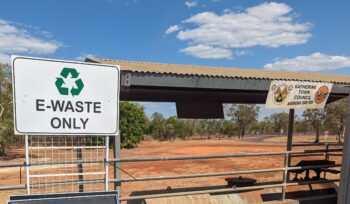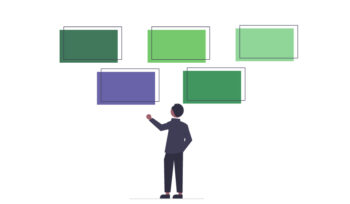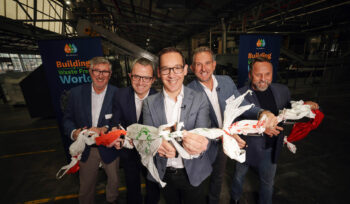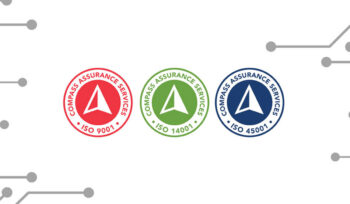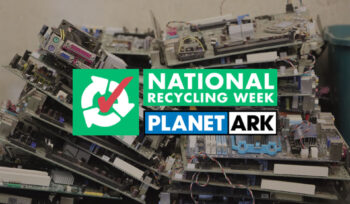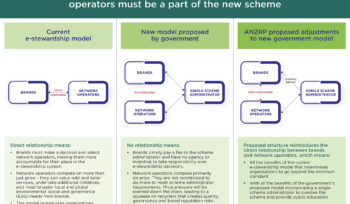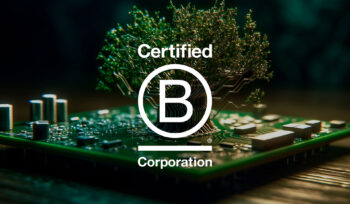-
Improving Services to Regional and Remote Communities under the NTCRS
2024-06-10 -
Protecting brand agency and enabling design for sustainability
2024-05-30 -
ANZRP lends a hand at FareShare
2024-05-22 -
ANZRP welcomes Federal Government procurement initiative
2024-05-08 -
Australia’s first RESIN8™ facility turns plastic waste into low-carbon building materials
2024-04-29 -
ANZRP invited to join Federal Government Working Group
2024-04-23 -
ANZRP maintains ISO certifications
2024-02-05 -
Measuring ANZRP’s environmental impact
2024-01-23 -
Turning the tide on e-waste
2023-11-16 -
ANZRP wins coveted award for collective product stewardship
2023-11-03 -
New e-waste model: Opportunity to improve?
2023-10-05 -
ANZRP recertifies as a B Corp
2023-08-28
